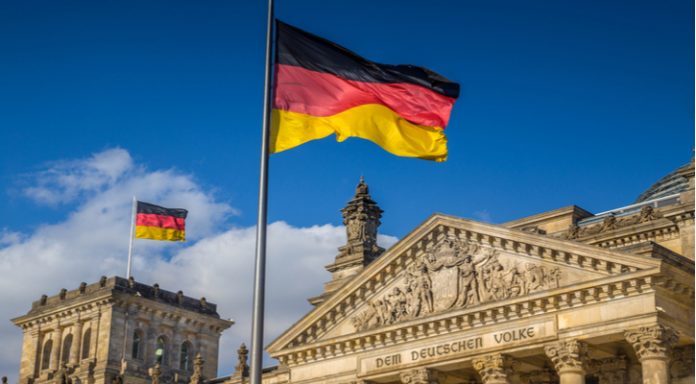- Pound (GBP) edges higher despite second wave fears and Brexit uncertainty
- UK car production declined -42% yoy
- Euro (EUR) under pressure ahead of a barrage of data including German GDP & unemployment
- German economy expected to contract -9% in Q2 YOY
The Pound Euro exchange rate (GBP/EUR) is advancing in early trade on Thursday. The pair settled -0.1% at €1.1021, off the session high of €1.1063 but still managing to hold above the key €1.10 psychological level. At 05:15 UTC GBP/EUR trades.
This week has been a quiet week for the Pound with little in the way of economic data. As a result, coronavirus related sentiment, Brexit and UK – China relations have been driving any movement in the Pound.
Fears of a second wave of coronavirus before winter are growing as covid cases increase by 14% over the past week. Whilst ministers have said the outbreak is extremely concerning, scientist have urged ministers not to panic. The government also signed a deal with GlaxoSmithKline and Sanofi for 60 million doses of their vaccine.
UK cars production declined -42% year on year, the largest decline since 1954 during the 6 months to June according to the Society of a Motor Manufacturers and Traders. Plants and retailers closed in March, with some only reopening in May. This year the industry is expected to produce a third lower than in 2019.
The Eurozone economic calendar has been relatively quiet so far this week, but that is set to change today with a slew of data from the region which will provide further insight as to the impact that coronavirus crisis is unleashing on the economy.
German GDP data will be closely watched. Analysts are expecting the Eurozone’s largest economy to contract -9% year on year in the second quarter, down from a -2.2% contraction in the first three months of the year. A better than forecast reading could see the Euro rally.
Other data which will also be of interest with be German unemployment data which analysts expect to tick just 0.1% higher to 6.5% as the labour market remains supported by the government.
Finally, Eurozone consumer confidence will also be under the spotlight. Analysts are expecting morale to remain steady and relatively depressed at -15.





